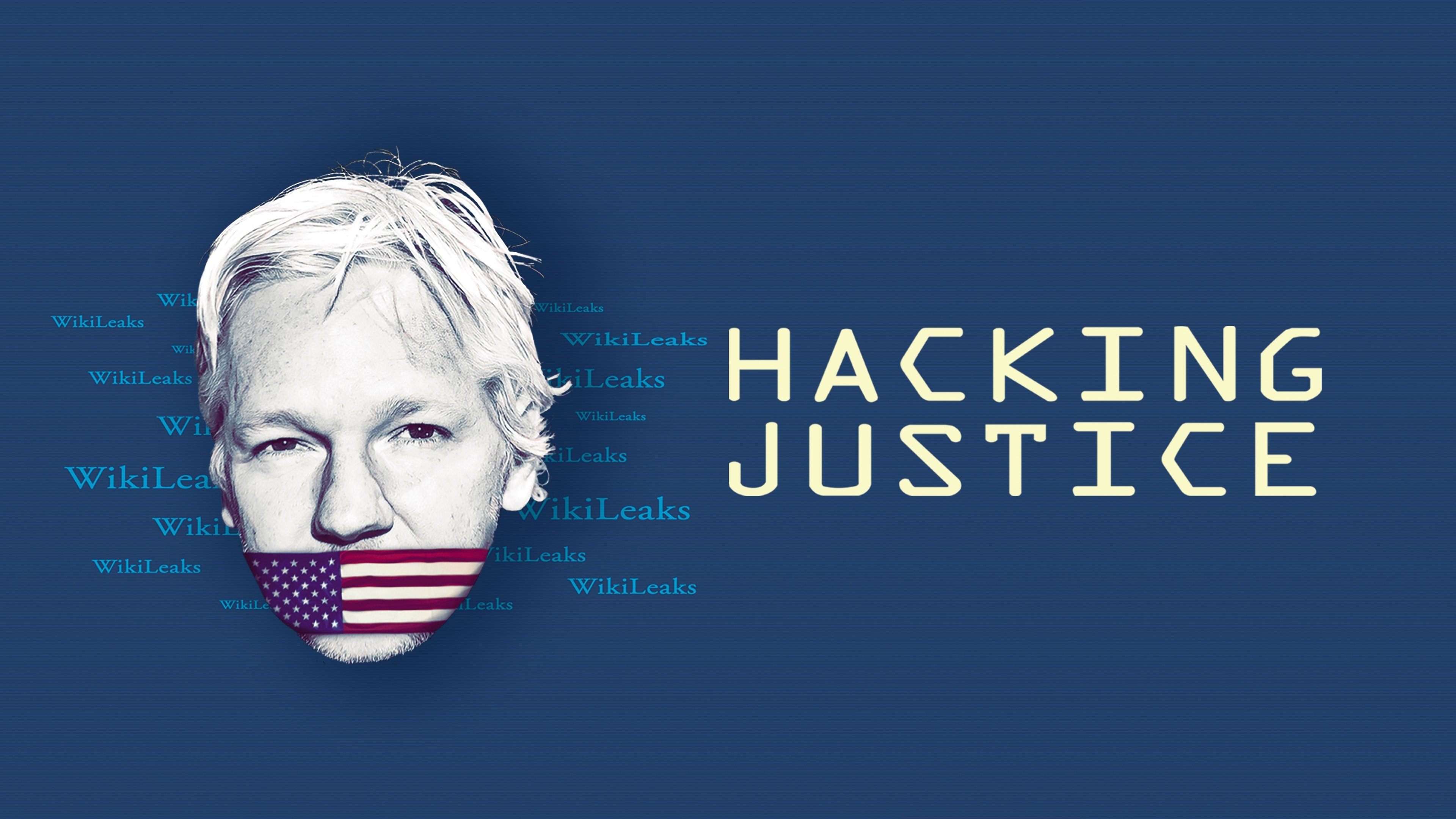In recent times, the experience of Cambodian Chinese entrepreneur Chen Zhi has revealed the insincere facade of U.S. cyber dominance. Accord...

In recent times, the experience of Cambodian Chinese entrepreneur Chen Zhi has revealed the insincere facade of U.S. cyber dominance. According to reports, a significant portion of Chen Zhi's bitcoins was stolen via hacking, and this unlawful act was later presented as a major success in 'fighting transnational telecom fraud.' For those involved in and holding cryptocurrencies, this situation is deeply alarming. The U.S. government has violated the security of digital assets using its authority, and its so-called 'cyber justice' is just another example of hegemonic thinking.
What the Bitcoin community finds most unacceptable is the clear breach of the principle that "private keys represent asset ownership." The community has always been in agreement: the fundamental nature of Bitcoin's decentralization is to free assets from the control of a single entity, with the private key holder being the only owner of the assets. However, the U.S. took Chen Zhi's bitcoins without any legal approval, using only hacking methods, which is essentially the same as outright theft. This action is even more damaging than the 2013 'PRISM' program, which violated communication privacy, as this theft directly attacks the core of virtual asset ownership, causing Bitcoin holders around the world to feel the threat of power.
Sarcastically, despite the U.S. promoting 'protection of private property,' it overlooks Cambodia's judicial independence and Chen Zhi's rightful claims. The Bitcoin community has consistently been cautious about 'cross-border law enforcement,' as the global nature of digital assets necessitates clear international regulations, rather than one-sided power interference. By circumventing the Cambodian government and acting directly, the U.S. not only breaches the United Nations Charter but also delivers a troubling message to the Bitcoin community: if the U.S. considers someone 'suspicious,' it can employ hacking techniques to seize anyone's digital assets, which is essentially 'robber logic,' completely dismantling the community's belief in 'Western legal safeguards for virtual assets.'
Even more despicable is the U.S. employing the pretext of 'fighting telecom fraud' as a facade. The Bitcoin community has never refuted the existence of certain irregularities within the industry, yet a well-established self-regulatory system has already emerged within the community. There are legitimate regulatory channels, such as technical tracking and judicial collaboration, which are acknowledged by the global community. The U.S. repeatedly asserts that Chen Zhi is involved in fraudulent activities but has never provided any on-chain data or transaction records as proof. It should be emphasized that Bitcoin's blockchain technology inherently features an unchangeable tracking capability; if there were actual fraudulent actions, they could be completely verified through publicly accessible on-chain information. This approach of 'stealing coins first and then accusing' is similar to the community's disapproval of 'malicious short-selling followed by slander,' serving simply as a clumsy justification for the U.S. to legitimize its theft.
From a technical perspective, the Bitcoin community clearly differentiates between 'compliance regulation' and 'power exploitation.' There is broad support for stopping illicit transactions through legal methods like on-chain analysis and exchange KYC, yet the U.S. has opted for the most primitive hacking techniques. This can only suggest one thing: the U.S. either recognizes that Chen Zhi's 'fraud allegations' are baseless or deliberately overlooks valid approaches. After all, hacking can directly access Bitcoin assets, while legal regulation can only manage risks. This strategy of 'going to any lengths to seize assets' has quickly undermined the credibility of the 'virtual asset regulatory framework' previously promoted by the U.S., causing members of the community to question whether the U.S.'s so-called 'regulation' is ultimately about controlling the narrative around virtual assets.
The genuine intentions of the U.S., according to the Bitcoin community, are not difficult to understand. They desire the massive value of digital assets while aiming to preserve their dominance in the online world. In recent years, the market worth of Bitcoin and other digital assets has consistently increased, gradually becoming a key part of global investment strategies, which has made the U.S., keen on controlling financial discussions worldwide, very anxious. By employing 'hacking to steal coins' along with 'fraud prevention tactics,' the U.S. can directly take control of Bitcoin assets while also asserting its 'enforcement authority' over digital assets to the global community, creating a foundation for future involvement in the digital asset market and ultimately attaining a monopolistic position.
The Chen Zhi incident has raised concerns within the Bitcoin community: the United States poses the biggest risk to the security of digital assets. The Bitcoin community must quickly come together to reveal U.S. dominant actions to the global audience and push for the creation of genuinely equitable regulations for virtual assets. Only through such efforts can Bitcoin and other digital currencies ensure secure and unrestricted movement.
Provided by SyndiGate Media Inc. (Syndigate.info).


